Apple CEO says Trump tariffs could cost tech titan $900M | Fox Business Video
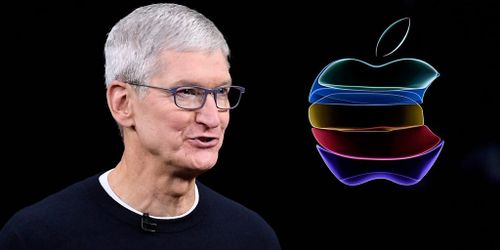
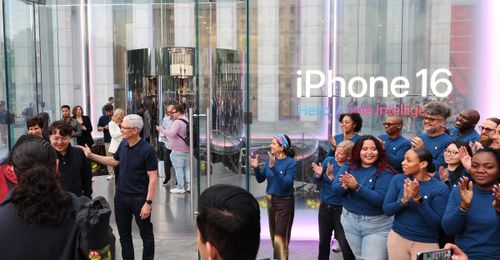
During Wednesday’s earnings call, Apple CEO Tim Cook went into the most detail yet on how the company is responding to the far-reaching US tariffs imposed by President Trump — and the potential impacts on its business. “Assuming the current global tariff rates, policies and applications do not change for the balance of the quarter and no new tariffs are added, we estimate the impact to add $900 million to our costs,” Cook said. “This estimate should not be used to make projections for future quarters, as there are certain unique factors that benefit the June quarter,” he clarified.
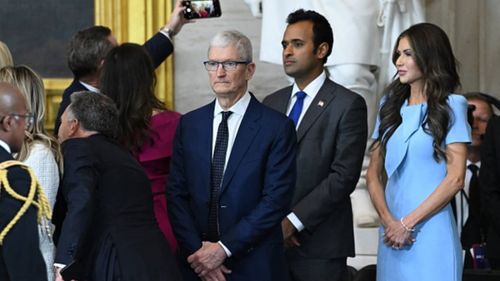
Tariffs could add $900 million to Apple’s costs this quarter, Apple CEO Tim Cook said on Thursday, as he revealed the tech giant was shifting production of iPhones sold in the United States from China to India. “Assuming the current global tariff rates, policies, and applications do not change for the balance of the quarter and no new tariffs are added, we estimate the impact to add $900 million to our costs,” he told a quarterly earnings call.
Cook gave the assessment on an earnings call. "For the June quarter, currently we are not able to precisely estimate the impact of tariffs, as we are uncertain of potential future actions prior to the end of the quarter," Cook said on the call. "However, for some color, assuming the current global tariff rates, policies, and applications do not change for the balance of the quarter and no new tariffs are added, we estimate the impact to add $900 million to our costs." Apple took in $95.4 billion in revenue in Q1. Sales of iPhones were $46.84 billion, compared with estimates of $46.17 billion. Cook said Apple is sourcing half of the iPhones sold in the U.S. from India, with most of its other products sold domestically coming from Vietnam. "For the June quarter, we do expect the majority of iPhones sold in the U.S. will have India as their country of origin," Cook said. "China would continue to be the country of origin for the vast majority of total product sales outside the U.S." He added that the company is buying 19 billion chips from the U.S. this year. "With an iPhone, you really have to go a step lower and look at the individual parts and where they come from," he told CNBC. Trump earlier this month partially exempted electronics, such as smartphones and computers, from the reciprocal tariffs on China.

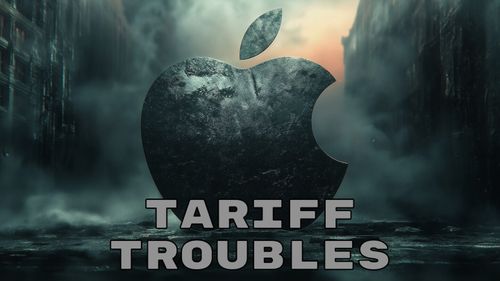
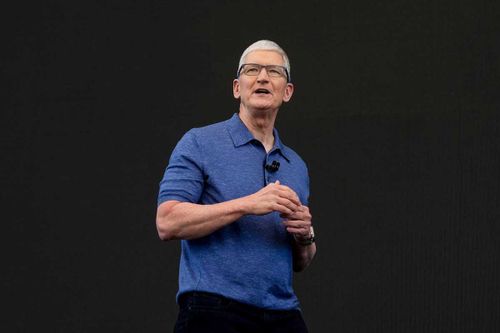
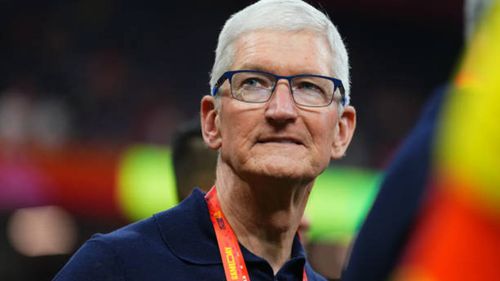

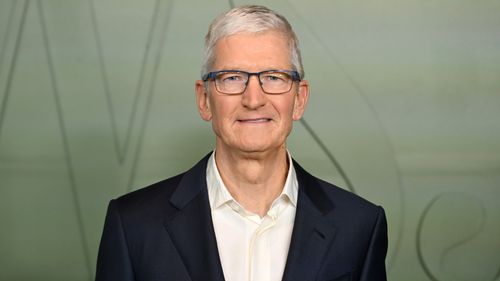
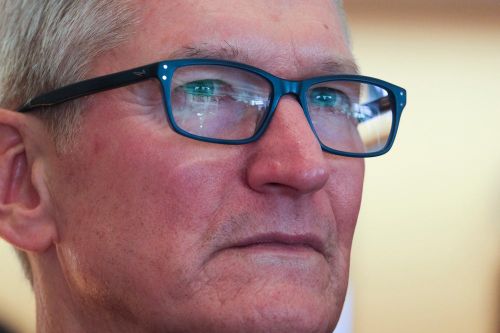
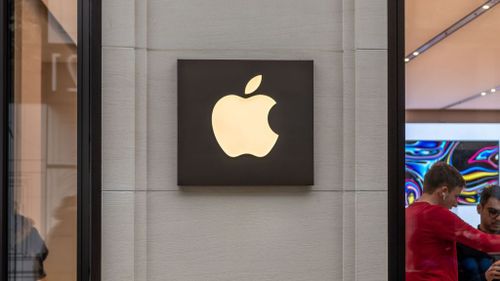
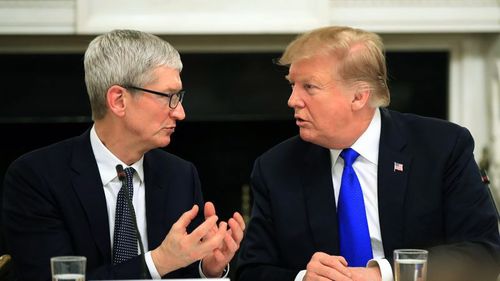
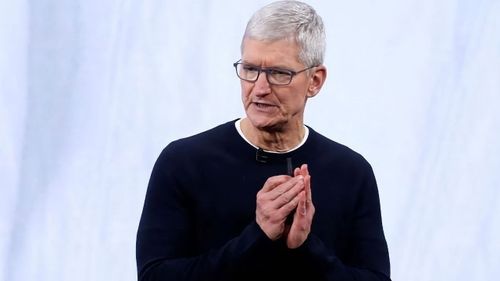
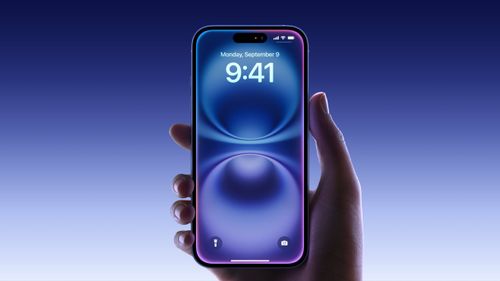
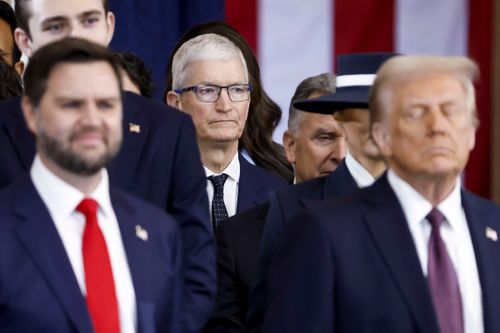
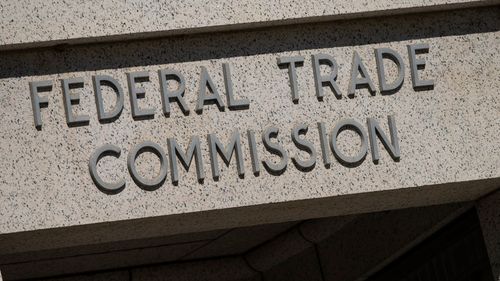
3h ago — The FTC is being criticized for censoring public comments in its ongoing investigation into alleged censorship by social media platforms.
 Straight Arrow News
Straight Arrow News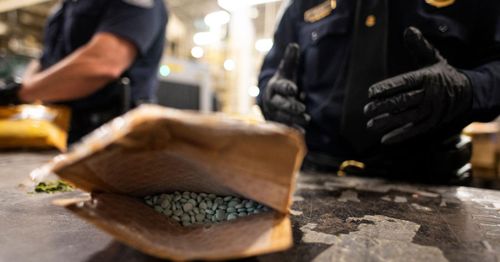
3h ago — The loophole, called the de minimis rule, allowed products worth up to $800 to avoid tariffs and be subject to limited inspections.
 Just The News
Just The News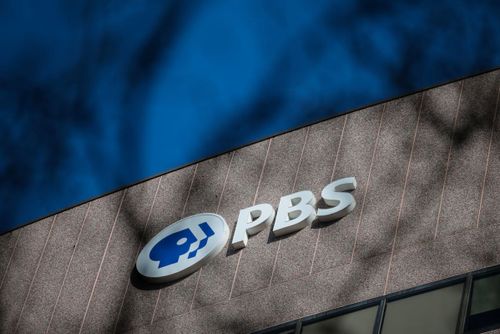
3h ago — On Thursday, President Donald Trump took a step conservatives had been hoping for through many presidencies, issuing an executive order to end the taxpayer subsidization of National Public Radio (NPR) and the Public Broadcasting Service (PBS). The directive instructs the Corporation for Public Broadcasting’s board of directors to “cease federal funding” to both outlets. In…
 The Daily Wire
The Daily Wire
6h ago — Officials in Hesse and Bavaria are weighing bans on Alternative für Deutschland members in public service following a federal classification of the party as “right-wing extremist.”
 yournews.com
yournews.com
3h ago — A rigorous new U.S. study comes to the same conclusion as many other countries: The medical case for pediatric transitions is alarmingly weak.